
CNA in 1 Month.
Join now and become a CNA in 1 month.
Get startedThis website uses cookies to personalize content and analyse traffic in order to offer you a better experience. Cookie policy
Kickstart your nursing career with our comprehensive cna course, thoughtfully designed to advance your professional growth.
Happy
Students

Experienced
Instructors

Explore a variety of fresh topics

Find the right course for you

Learn on your schedule
These are the most popular courses among listen courses learners worldwide
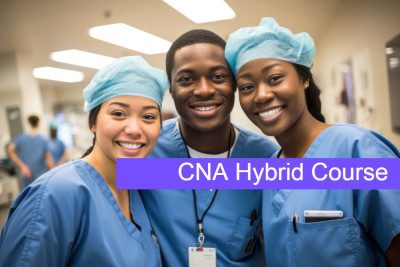
5
(6 Reviews)
 Compare
Compare
Unlock your nursing career potential with Family Healthcare Academy! Our comprehensive course is designed to empower aspiring CNAs like you with the latest knowledge and skills needed to jumpstart your journey in the healthcare field. Our course is thoughtfully structured into 11 engaging units, each meticulously crafted to provide you with the most up-to-date content. Throughout your learning experience, you'll find practice questions in every unit, strategically placed to enhance your preparation for the board exams. We hold our students to a high standard of excellence. To ensure your success, we require a minimum score of 90% in each unit before progressing to the next. This commitment to mastery ensures that you are well-equipped to excel in your CNA career and provide the best care to those in need. Join Family Healthcare Academy today and take the first step toward a rewarding and fulfilling nursing career!
11:00:00 Hours
Last updated Tue, 02-Dec-2025

0
(0 Reviews)
 Compare
Compare
The Health Insurance Portability and Accountability Act of 1996 (HIPAA) is a federal law that required the creation of national standards to protect sensitive patient health information from being disclosed without the patient’s consent or knowledge. The US Department of Health and Human Services (HHS) issued the HIPAA Privacy Rule to implement the requirements of HIPAA. The HIPAA Security Rule protects a subset of information covered by the Privacy Rule.
00:30:00 Hours
Last updated Mon, 23-Sep-2024

0
(0 Reviews)
 Compare
Compare
Elder abuse, neglect or exploitation is a significant social problem. The number of older adults (65 years of age or older) in the US population is expected to double by 2030 to about 72 million (U.S. Census Bureau, 2010). Of this group the “oldest old,” those 85 or older, are the fastest growing segment. By 2030, their number will grow from 5.8 million to 8.7 million. As the number of older adults increases, especially those who are older and frailer, the incidence of elder abuse, neglect or exploitation is expected to increase. Mistreatment of older adults often occurs in isolation and often remains undetected. The first step to addressing the problem is to heighten awareness of abuse of the old, among those who serve them or have frequent contact with them.
00:30:00 Hours
Last updated Mon, 23-Sep-2024
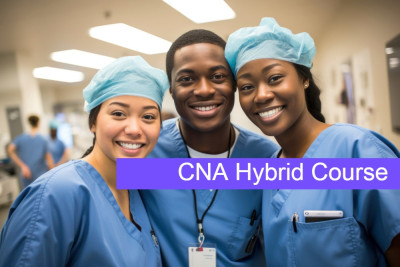
0
(0 Reviews)
 Compare
Compare
Unlock your nursing career potential with Family Healthcare Academy! Our comprehensive course is designed to empower aspiring CNAs like you with the latest knowledge and skills needed to jumpstart your journey in the healthcare field. Our course is thoughtfully structured into 11 engaging units, each meticulously crafted to provide you with the most up-to-date content. Throughout your learning experience, you'll find practice questions in every unit, strategically placed to enhance your preparation for the board exams. We hold our students to a high standard of excellence. To ensure your success, we require a minimum score of 90% in each unit before progressing to the next. This commitment to mastery ensures that you are well-equipped to excel in your CNA career and provide the best care to those in need. Join Family Healthcare Academy today and take the first step toward a rewarding and fulfilling nursing career!
11:00:00 Hours
Last updated Tue, 02-Dec-2025
These are the most popular courses among listen courses learners worldwide
.png)
.png)
These are the most latest courses among listen courses learners worldwide

0
(0 Reviews)
 Compare
Compare
Unlock your nursing career potential with Family Healthcare Academy! Our comprehensive course is designed to empower aspiring CNAs like you with the latest knowledge and skills needed to jumpstart your journey in the healthcare field. Our course is thoughtfully structured into 11 engaging units, each meticulously crafted to provide you with the most up-to-date content. Throughout your learning experience, you'll find practice questions in every unit, strategically placed to enhance your preparation for the board exams. We hold our students to a high standard of excellence. To ensure your success, we require a minimum score of 90% in each unit before progressing to the next. This commitment to mastery ensures that you are well-equipped to excel in your CNA career and provide the best care to those in need. Join Family Healthcare Academy today and take the first step toward a rewarding and fulfilling nursing career!
11:00:00 Hours
Last updated Tue, 02-Dec-2025

0
(0 Reviews)
 Compare
Compare
This Phlebotomy program prepares students with the essential skills and knowledge needed to perform safe and effective blood collection procedures and excel in a clinical healthcare setting
21:00:00 Hours
Last updated Fri, 05-Sep-2025

0
(0 Reviews)
 Compare
Compare
Master the language of healthcare with our Medical Terminology course—essential for students pursuing nursing, phlebotomy, and other allied health professions.
02:20:00 Hours
Last updated Tue, 22-Jul-2025

0
(0 Reviews)
 Compare
Compare
Elder abuse, neglect or exploitation is a significant social problem. The number of older adults (65 years of age or older) in the US population is expected to double by 2030 to about 72 million (U.S. Census Bureau, 2010). Of this group the “oldest old,” those 85 or older, are the fastest growing segment. By 2030, their number will grow from 5.8 million to 8.7 million. As the number of older adults increases, especially those who are older and frailer, the incidence of elder abuse, neglect or exploitation is expected to increase. Mistreatment of older adults often occurs in isolation and often remains undetected. The first step to addressing the problem is to heighten awareness of abuse of the old, among those who serve them or have frequent contact with them.
00:30:00 Hours
Last updated Mon, 23-Sep-2024

0
(0 Reviews)
 Compare
Compare
Tuberculosis (TB) is caused by a bacterium called Mycobacterium tuberculosis. The bacteria usually attack the lungs, but TB bacteria can attack any part of the body such as the kidney, spine, and brain. Not everyone infected with TB bacteria becomes sick. As a result, two TB-related conditions exist: latent TB infection (LTBI) and TB disease. If not treated properly, TB disease can be fatal.
00:30:00 Hours
Last updated Mon, 23-Sep-2024

0
(0 Reviews)
 Compare
Compare
The Health Insurance Portability and Accountability Act of 1996 (HIPAA) is a federal law that required the creation of national standards to protect sensitive patient health information from being disclosed without the patient’s consent or knowledge. The US Department of Health and Human Services (HHS) issued the HIPAA Privacy Rule to implement the requirements of HIPAA. The HIPAA Security Rule protects a subset of information covered by the Privacy Rule.
00:30:00 Hours
Last updated Mon, 23-Sep-2024

0
(0 Reviews)
 Compare
Compare
Dementia, Delirium and Depression might present similar manifestations and it is therefore important to learn how to differentiate between three conditions. Dementia is not a specific disease but is rather a general term for the impaired ability to remember, think, or make decisions that interferes with doing everyday activities. Alzheimer’s disease is the most common type of dementia. Though dementia mostly affects older adults, it is not a part of normal aging.
00:30:00 Hours
Last updated Mon, 23-Sep-2024

0
(0 Reviews)
 Compare
Compare
Every year, lives are lost because of the spread of infections in healthcare settings. Health care workers can take steps to prevent the spread of infectious diseases. These steps are part of infection control. Proper hand washing is the most effective way to prevent the spread of infections in healthcare settings. If you are a patient, don't be afraid to remind friends, family, and health care providers to wash their hands before getting close to you. Other steps health care workers can take include covering coughs and sneezes, staying up to date with vaccinations, using gloves, masks, and protective clothing, making tissues and hand cleaners available, and following health facility’s guidelines when dealing with blood or contaminated items.
00:30:00 Hours
Last updated Tue, 24-Sep-2024
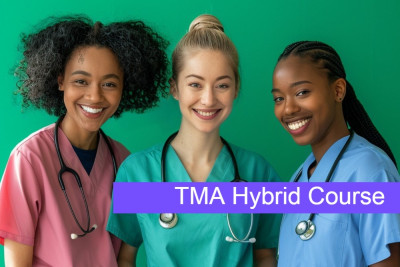
0
(0 Reviews)
 Compare
Compare
Unveiling our dynamic Trained Medication Administration (TMA) Hybrid Course, meticulously designed to fast-track your journey to becoming job-ready in Minnesota's bustling healthcare landscape. This innovative program seamlessly combines the flexibility of online learning with the hands-on practicality of in-person sessions, ensuring you acquire a comprehensive skill set that employers seek.
20:30:00 Hours
Last updated Fri, 05-Sep-2025

5
(6 Reviews)
 Compare
Compare
Unlock your nursing career potential with Family Healthcare Academy! Our comprehensive course is designed to empower aspiring CNAs like you with the latest knowledge and skills needed to jumpstart your journey in the healthcare field. Our course is thoughtfully structured into 11 engaging units, each meticulously crafted to provide you with the most up-to-date content. Throughout your learning experience, you'll find practice questions in every unit, strategically placed to enhance your preparation for the board exams. We hold our students to a high standard of excellence. To ensure your success, we require a minimum score of 90% in each unit before progressing to the next. This commitment to mastery ensures that you are well-equipped to excel in your CNA career and provide the best care to those in need. Join Family Healthcare Academy today and take the first step toward a rewarding and fulfilling nursing career!
11:00:00 Hours
Last updated Tue, 02-Dec-2025
Have something to know? Check here if you have any questions about us.
We offer courses to prepare students for the Certified Nursing Assistant (CNA) exams as well as Continuing Education Units (CEUs) for nursing professionals to maintain their licensure and advance their careers.
Enrollment is easy! contact us at: 651-309-7335 or email us at: familyhealthcarestaffingmn@gmail.com
Yes, we provide hybrid options for certain courses. This includes online learning combined with hands-on practical sessions to ensure you’re fully prepared for real-world healthcare scenarios.
Our CNA courses are designed to be comprehensive yet efficient, typically lasting 4 weeks. The exact schedule will be shared upon enrollment.
Yes! We offer nursing CEUs to help professionals meet licensure requirements and stay updated on industry standards.
Visit our valuable articles to get more information.
I recently attended Family Healthcare Academy, and my experience was very positive. The instructors were highly experienced and provided clear explanations. The hands-on training was excellent, making complex topics easy to understand.
I got my CNA and PCA from this school. The service they provide and the people working there are friendly and supportive. They are full of resources and information. I recommend you check out their website for more details!
I love Family Healthcare Academy. I learned a lot from here.
You have more potential, go forward, not enough.
Really appreciate you for helping everyone, including me.
Everyone is very nice and welcoming!
At Family Healthcare Academy, we empower future healthcare professionals through expert-led training, hands-on experience, and a commitment to your success.Our graduates consistently excel on state exams, reflecting the high standards of our training program.
State Exam Success
📞 Call Us: 651 - 260 - 8922
📍 Visit Us: 501 Dale St N #205, St Paul, MN
1515 SE 122nd Ave Suite 1441B, Portland, Oregon

Join our community of future healthcare professionals.



Comprehensive Healthcare Training Programs – TMA, CNA, Phlebotomy & More At Family Healthcare Academy, we provide top-tier education and training for individuals pursuing careers in the healthcare field. Our programs include Trained Medication Aide (TMA), Certified Nursing Assistant (CNA), Phlebotomy Training, Pharmacy Terminology, and Medical Terminology.


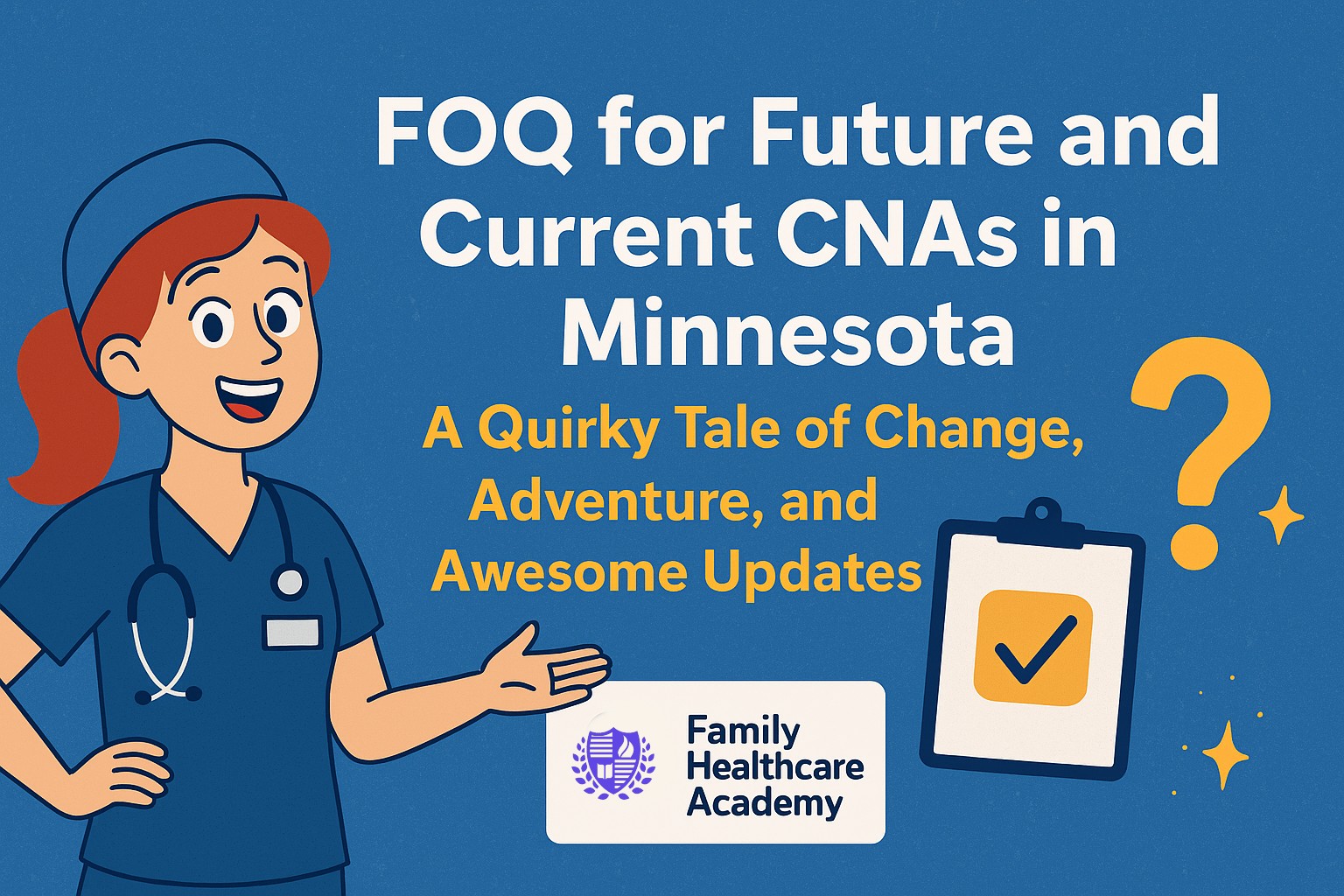
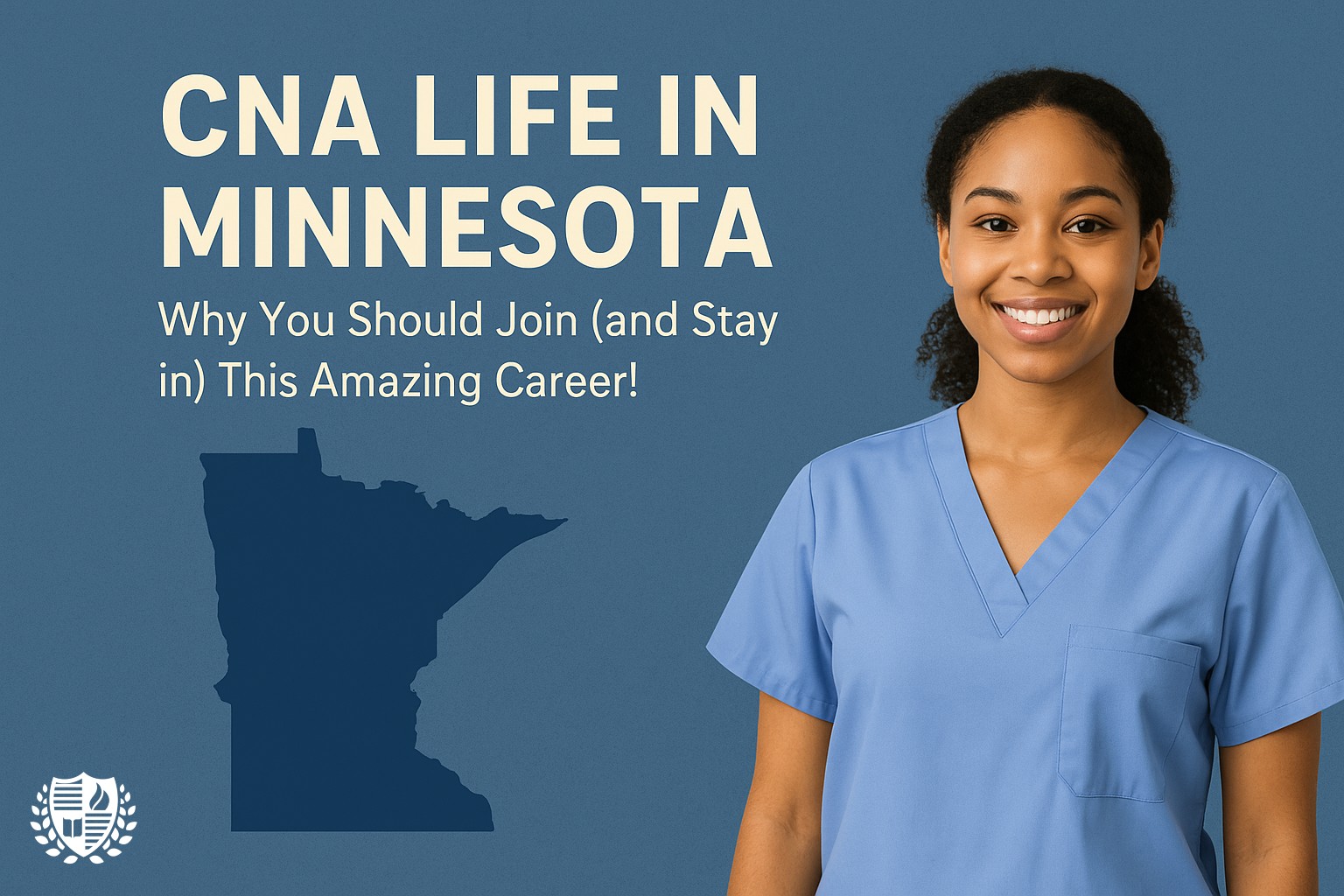
 Read More Google Reviews
Read More Google Reviews